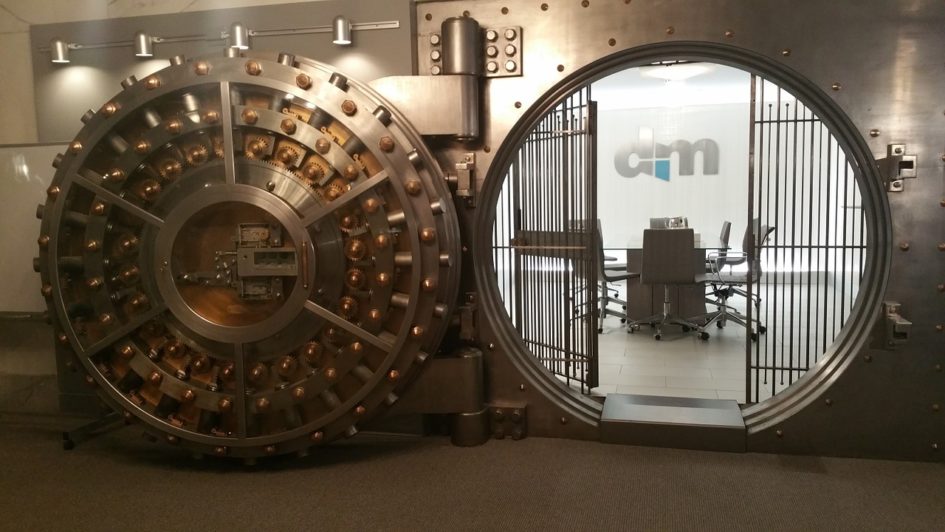A bank depository bond is a surety bond purchased by a bank to guarantee the safety of a depositor’s funds and their availability for withdrawal as indicated in the terms of the deposit agreement. While depository bonds can be procured for private accounts, they are normally purchased to protect deposits belonging to governmental agencies (federal, state, and local), and school districts. The bond protects the account holder/depositor from the loss of funds placed on deposit with the bank and interest due thereon, in the event of bank insolvency. Carriers that underwrite these surety bonds generally offer three classes of coverage.
- Single depositor.
- Individual depositors by schedule.
- Blanket group bonding for a specific class such as an HOA or COA.
The use of a bank depository bond provides capital relief to a banking institution, freeing that capital for other business uses. It also makes the bank or CU more attractive to large private customers, businesses and government agencies (the latter often making it a requirement because the money on deposit is generally considered “public funds”). In the case of the covered financial institution’s insolvency, the depositors make claim directly on the bank depository bond.
Surety One, Inc. offers bank depository bonds through three national surety companies, rated ‘A+ Superior’ by A.M. Best. Call (800) 373-2804, email Underwriting@SuretyOne.com, or visit our bank depository bond page and follow the submission instructions for a quote, We also offer blanket banker’s bonds, miscellaneous fidelity bond coverages, financial institution (F.I.) bonds and STAMP bonds to chartered banks, S&Ls, federal trust banks and credit unions.

